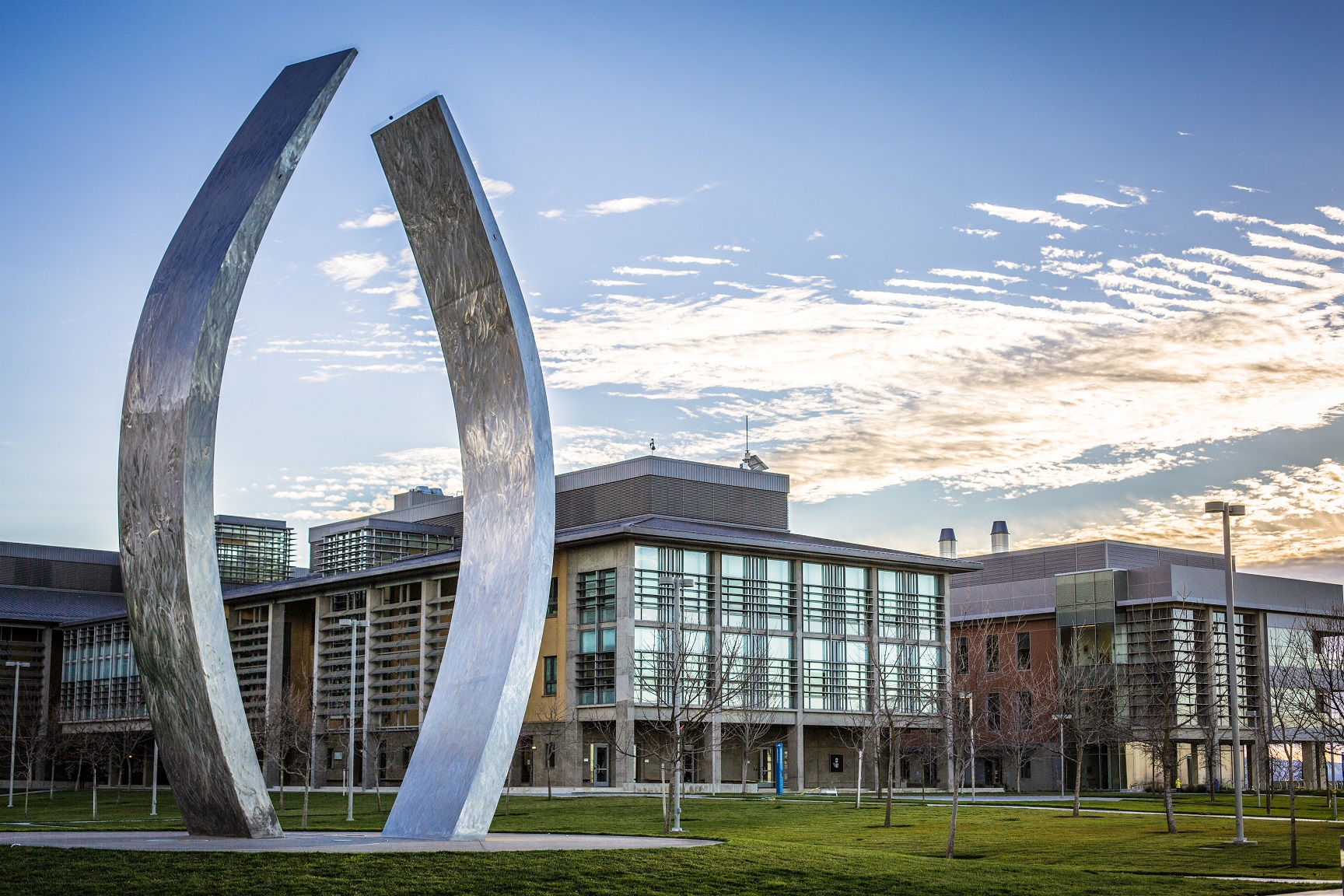The proposed Gallo School has six aspirational goals aligned with campus strategic academic planning:
 Establishing Thought Leadership in Studies of Cognition, Economics, Philosophy, Management, and Sustainability: To be world leaders in scholarship and application of knowledge in disciplinary and interdisciplinary studies of business, cognitive science, economics, ethics of technology, environmental sustainability, management, philosophy, public policy, and computational, empirical, quantitative, and qualitative social sciences.
Establishing Thought Leadership in Studies of Cognition, Economics, Philosophy, Management, and Sustainability: To be world leaders in scholarship and application of knowledge in disciplinary and interdisciplinary studies of business, cognitive science, economics, ethics of technology, environmental sustainability, management, philosophy, public policy, and computational, empirical, quantitative, and qualitative social sciences.
Advancing Social, Behavioral, and Economic Knowledge for Human Welfare: To advance knowledge of the behavior and performance of individuals and groups in integrated social-political-economic systems and to inform the design and practices of businesses, organizations and governments in local, regional, national and international markets and societies. Related underpinnings include complex physical, biological, social, and natural systems; the design and use of incentives and policy; and the functioning and failures of markets; all in view of social and economic outcomes broadly defined to include human satisfaction, diversity and equality in health, education and wealth, health of natural environments and their relationship to both human progress and ecosystem function.
Defining a New Field of Complex Systems Science, Engineering, and Management: To create and promote a new interdisciplinary field of science, engineering, and management of complex human-centered systems. This means defining new theories and methods aimed at understanding, shaping, and improving the outcomes that emerge from interactions among people, technology, institutions, and the natural world across multiple scales. This requires incorporating cognitive and behavioral science, economics and social science, philosophical and ethical analysis, environmental and sustainability science, design science and engineering, data science and analytics, and management science and practice.
Educating Future Leaders and Training a Modern Workforce: To prepare the future workforce and future leadership of California to tackle grand challenges by combining traditional approaches to science, engineering, and management education with practice-based educational programs at the undergraduate, graduate and professional levels. Our programs aim to incorporate complex systems thinking, data analytics, technological skills, ethical analysis, and a triple-bottom-line (people, planet, and profit) perspective throughout the curriculum so our diverse graduates will be able to work effectively today and will be able to create what is needed to lead effectively tomorrow. Related educational priorities include the advancement of historically oppressed and marginalized groups within California and the Central Valley, and training students in philosophy and ethics so they are socially responsible.
Driving Prosperity and Sustainable Development in the Central Valley and California: To drive local and regional growth and development sustainably through novel educational programs and development of knowledge, tools, and resources that promote entrepreneurship and innovation. To do this, we will focus on complex human-centered economic, technological, and environmental systems. Tailored to local and regional needs, our programs aim to enable state and local investment to multiply across existing and new social and economic opportunities in the Central Valley, creating an approach that can serve as a model for driving sustainable growth and development in historically oppressed and marginalized areas around the world.
Promoting Social Justice, Environmental Justice, and Equity Locally and Globally: To address complex social, environmental, economic, and technological challenges, such as climate change, food insecurity, wealth inequality, wildfire, drought, artificial intelligence, workforce automation, privacy, and more. In this, we take an approach centered on complex systems as well as social and environmental justice perspectives, demonstrating a commitment to supporting and improving the conditions of vulnerable and marginalized populations locally, regionally, and globally.



